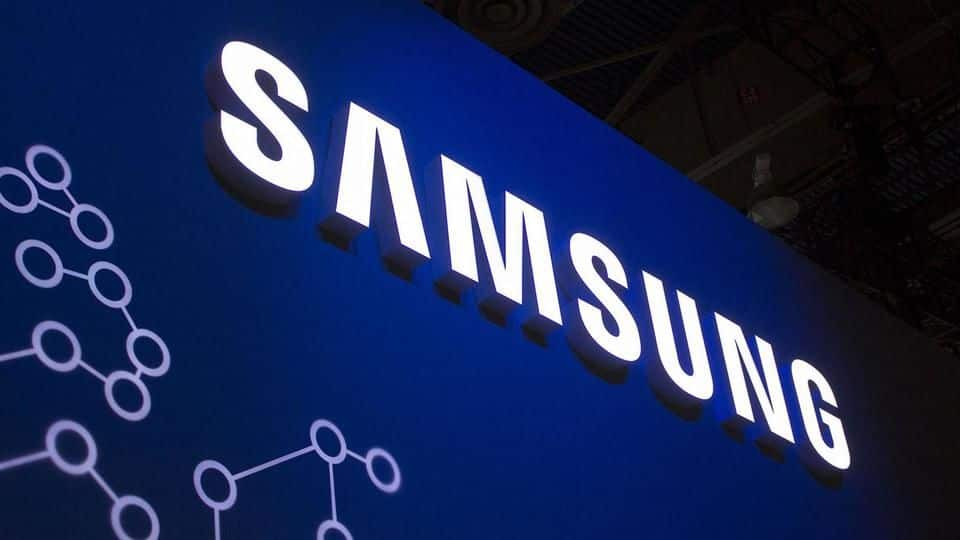
Samsung's new technology can charge your smartphones in 12 minutes!
What's the story
No matter how "smart" phones get, most of their batteries don't even last 12 hours. Though some have bigger batteries, they charge painfully slow. But now in a breakthrough development, Samsung developed a battery five times faster and way more efficient than standard lithium-ion batteries. Samsung Advanced Institute of Technology researchers developed a "graphene ball" that could fully-charge in 12 minutes. Know more!
Details
Graphene Ball, not only efficient but highly stable
Samsung stated the "graphene ball" is a "unique battery material" which -compared to lithium-ion batteries- offers 45% more capacity and five times faster charging speeds. While lithium-ion batteries need at least an hour to get completely charged, the graphene ball could take, theoretically, only 12 minutes to fully charge. Samsung claims the graphene-based battery was able to remain "stable" even at 60-degrees Celsius.
Information
Research published in Nature Communications
For the research, SAIT collaborated with Samsung SDI (battery-manufacturer) and scientists from Seoul National University's School of Chemical and Biological Engineering. The study was published in journal Nature Communications, titled "Graphene balls for lithium rechargeable batteries with fast charging and high volumetric energy densities."
Patent
Samsung applies for patent on graphene ball battery tech
The South Korean tech giant said their "breakthrough" offers a promise for the next-generation battery not only for smartphones but also the secondary battery market related to electric vehicles and mobile devices. It could be useful particularly for electric vehicles, which require batteries that remain stable even at higher temperatures. SAIT filed applications for graphene ball technology patent in Korea and the US.
Research
Commitment to developing high-capacity batteries
According to SAIT project lead researcher Son In-hyuk, their research "enables mass synthesis of multifunctional composite material graphene at an affordable price." He added they were also able to considerably enhance the "capabilities of lithium-ion batteries in an environment where the markets for mobile devices and electric vehicles" are rapidly growing. In-hyuk said they are committed to exploring and developing secondary battery technology.
Miracle material
Thinnest, lightest, strongest "graphene" discovered in 2004
Researchers at the University of Manchester first discovered graphene in 2004. They said the "transparent" graphene is the thinnest and lightest material on Earth; it's about 200 times stronger than steel. It is the best-known conductor of heat and electricity in the world. The global electronics industry has been seeing the "most conductive material" as a "miracle material" and an alternative to lithium-ion batteries.
Quote
"The key is who can commercialize the technology first"
SK Securities' Kim Young-woo stated: "It (graphene-based battery) is a great technology with various potential applications…it will take a long time for graphene-based batteries to be mass produced. It won't be easy to apply the minute processing technology for large-scale production of high-quality, electronics-grade graphene."